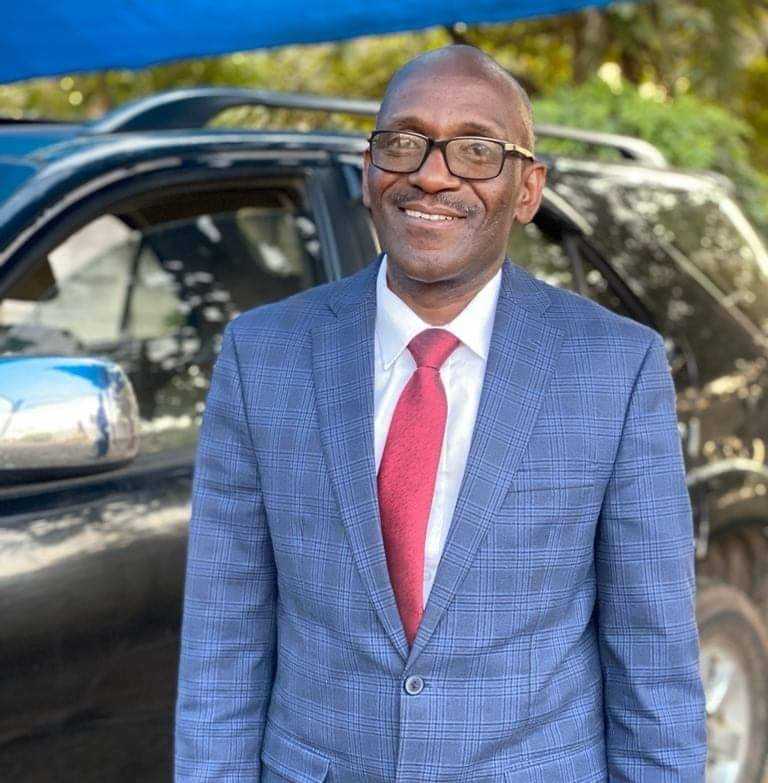The case against former Harare Town Clerk Hosiah Chisango has been dismissed, sparking widespread debate over the credibility of both the judiciary and the procurement processes within the City of Harare.
This decision raises serious concerns about transparency and accountability, especially in relation to the Public Procurement and Disposal of Public Assets Act (PPDPA).
The Role of the Accounting Officer
Under Section 14 of the PPDPA Act, the Accounting Officer—typically the Town Clerk or CEO of a local authority—is the sole authority responsible for procurement decisions within any public entity. This implies that Chisango should have been held accountable for any procurement irregularities. Instead, he has escaped criminal charges, while the Principal Buyer remains unpunished.
Unanswered Questions on Scope Changes & Award Letters
A crucial question remains: if the Principal Buyer was solely responsible for procurement, who authorized the changes to the scope of the eight awarded lots? Does the Principal Buyer even have the authority to override an Accounting Officer’s decision?
ALSO READ: Bill Gates Confirms $100B in Donations—But His Kids Inherit Plenty
Further complicating matters, while there are award letters for eight lots, no official documentation exists for the two lots awarded to Juluka. This raises key questions:
Who instructed Juluka to begin work?
Who authorized their payments from the central government?
Was the Principal Buyer acting independently, or was there higher-level involvement?
These gaps in accountability suggest mismanagement or potential corruption within Harare’s procurement system.
PRAZ Raises Concerns, Yet Chisango Remains Unscathed
The Procurement Regulatory Authority of Zimbabwe (PRAZ) had flagged irregularities in the process and even wrote to the City of Harare to highlight the violations. PRAZ confirms that under the PPDPA Act, the only recognized decision-maker in procurement matters is the Accounting Officer. Yet, despite this clear directive, Chisango has not faced any consequences.
Judicial Integrity Under Scrutiny
Adding to the controversy is the role of Public Prosecutor Whisper Mabhaudhi, who has handled multiple high-profile cases involving Kandemiri, Ndemera, Chisango, and Gomba. Despite strong evidence implicating Chisango as the key decision-maker, he was cleared of charges—a decision made by Judge Kwenda, the same judge who previously granted bail in the Juluka case.
This sequence of events raises serious concerns about judicial impartiality. Many argue that a new Public Prosecutor and an independent judge could have led to a different outcome, ensuring a fair trial and true accountability.
The Role of ZACC and Public Perception
As the Zimbabwe Anti-Corruption Commission (ZACC) chairperson, Mr. Reza—a former public prosecutor—should be well-equipped to recognize corruption and rectify these issues. If no action is taken, public trust in both ZACC and the judiciary will likely deteriorate further, with many suspecting collusion between Chisango and officials.
A Call for Transparency and Reform
The dismissal of Chisango’s case serves as yet another example of a compromised legal system, reinforcing public skepticism about law enforcement’s “catch-and-release” approach to high-profile corruption cases.
To restore public trust, a comprehensive investigation is needed, ensuring that those responsible are held accountable. The ongoing Commission of Inquiry into the City of Harare should take up this matter, holding open proceedings to provide full transparency to the residents of Harare.
The people of Harare deserve fairness, accountability, and justice—and it is time for authorities to uphold these principles.
